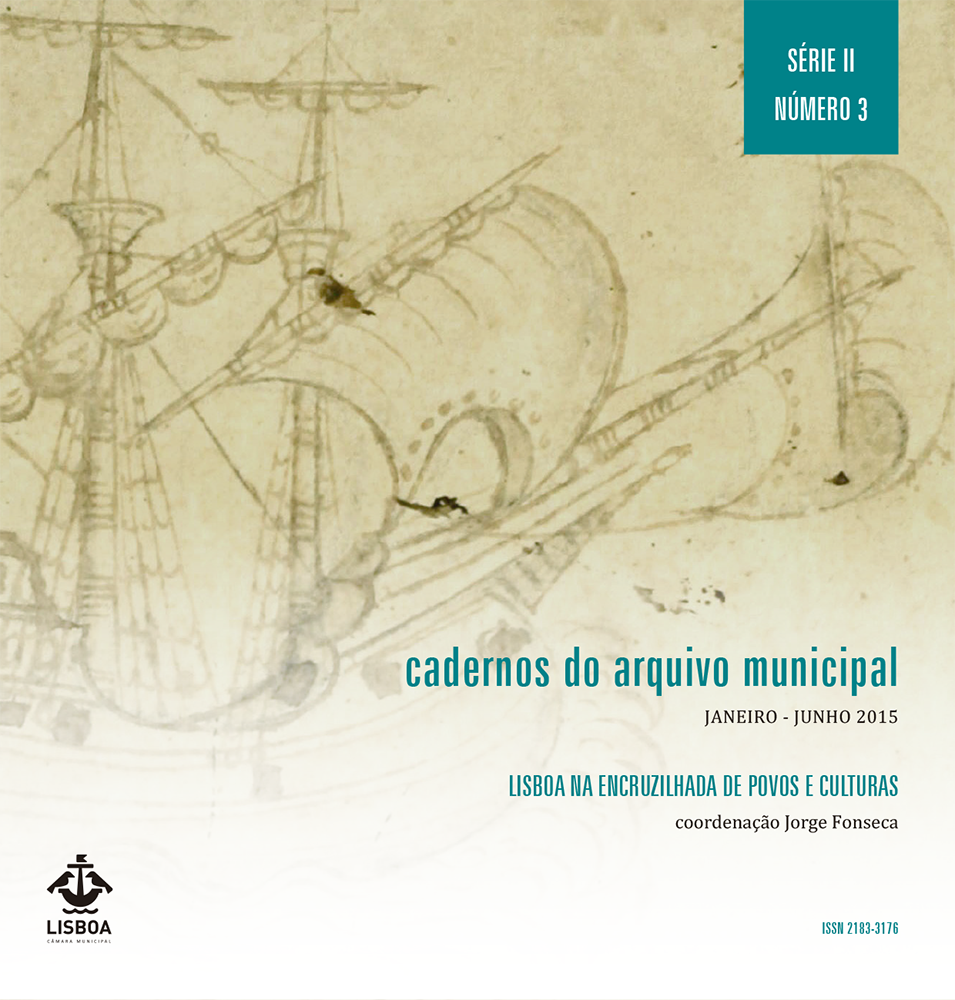“The Lisbon of the Italians”: The Italian presence in the Portuguese capital and the national practices of the Italian community (early 19th century)
DOI:
https://doi.org/10.48751/CAM-2015-3256Keywords:
Italian nation, Immigration, Emigration, Luso-Italian, Nationality, Loreto ChurchAbstract
Since the 15th century, the city of Lisbon has hosted a significant Italian presence, linked to commercial and financial activities and organized around the so-called ‘nations’, which gathered merchants from Florence, Genoa, and Venice. Because of the ‘Italianization’ affecting the country since the beginning of the XVIII century, the composition of the Italian community undergoes a process of change. This community starts to receive more and more people, in a process of pluralization and diversification of the socio-economic activities. The Portuguese society and institutions also change their perception of this presence. From then on, the image of an ‘Italian nation’ imposes itself, built around common identity elements. This emerging homogenous group is recognized by the hosting milieu in social relations (formal and informal), carrying on, at the same time, a process of auto-definition (nationality practices). Such a dynamic consolidates the presence of the Italian and Luso-Italian community as a ‘living body’ in the city, playing a particularly relevant role in the arts, sciences and trading.
Downloads
Downloads
Published
How to Cite
Issue
Section
License
Copyright (c) 2015 Carmine Cassino

This work is licensed under a Creative Commons Attribution-NonCommercial 4.0 International License.
The authors retain copyright and grant the journal the right of first publication, with the work simultaneously licensed under the Creative Commons Attribution License CC BY-NC 4.0 which allows sharing and adapting the text as long as its authorship is correctly attribbuted with recognition of the initial publication in this journal.










